📦 Fast Delivery – Order Now!
💸 Shop Safely – 100% Money-Back Guarantee
👨🔧 Lifetime Customer Support
📦 Fast Delivery – Order Now!
💸 Shop Safely – 100% Money-Back Guarantee
👨🔧 Lifetime Customer Support
Many people use the term solar panels, but few know what it really means. Do they mean photovoltaic panels? Or thermal ones? The answer depends on the context. And that’s exactly where confusion starts. Because not all solar panels do the same thing. And while they all use sunlight, they don’t always create electricity. Here you get everything about “Solar vs photovoltaic panels“.
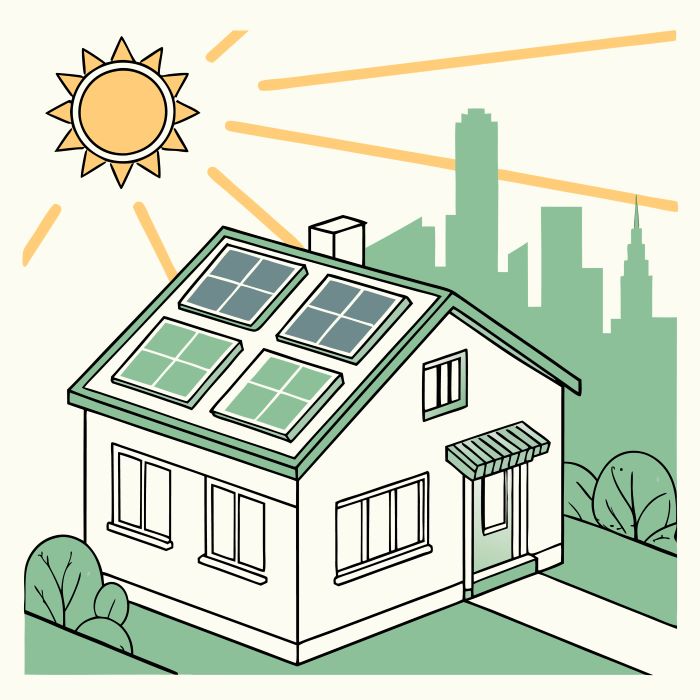
Solar thermal systems absorb the heat from sunlight. They don’t generate electricity. Instead, they heat water or air. These systems are great for homes with high hot water needs. And they’re very efficient in sunny regions. But they only support heating – nothing else.
So if you’re looking to power appliances or feed energy back into the grid, thermal systems won’t help. That’s where photovoltaic systems come in.

✅ 430W high-efficiency N-Type TOPCon monocrystalline
✅ Sleek all-black design with 108 half-cut cells
✅ 25-year product and 30-year performance warranty
Photovoltaic (PV) panels produce electricity. That’s their main job. And they do it by using sunlight, too. But instead of absorbing heat, they work with photons – tiny light particles. When these photons hit the solar cells, they knock electrons loose. This movement creates direct current (DC) electricity. An inverter then turns that into usable AC power for your home.
So while both systems rely on the sun, only PV panels let you run your lights, TV, and fridge – and even charge your EV.
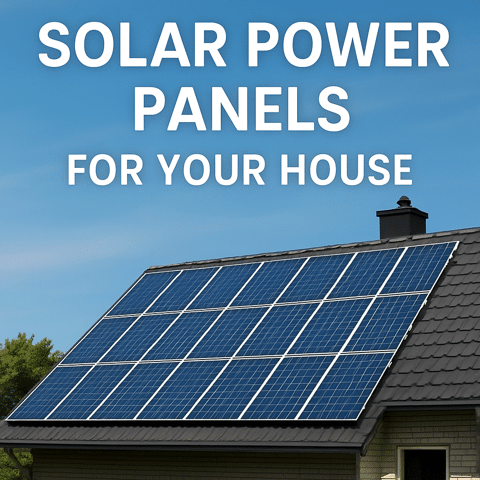
Not exactly. But they’re closely related. Think of it this way: every photovoltaic panel is a solar panel. But not every solar panel is a photovoltaic one. Solar is the umbrella term. It includes both PV and thermal systems. That’s why clarity matters. Especially when you’re planning your energy system.
Because if someone says “solar panel,” they might mean something very different than you think.
Because they offer flexibility. You can generate your own electricity. And you can save on utility bills. Plus, you can combine them with a battery. That gives you energy day and night. And even backup power during outages.
Also, PV systems are eligible for incentives and rebates. And while solar thermal systems are great for heating, they don’t give you the same level of independence.
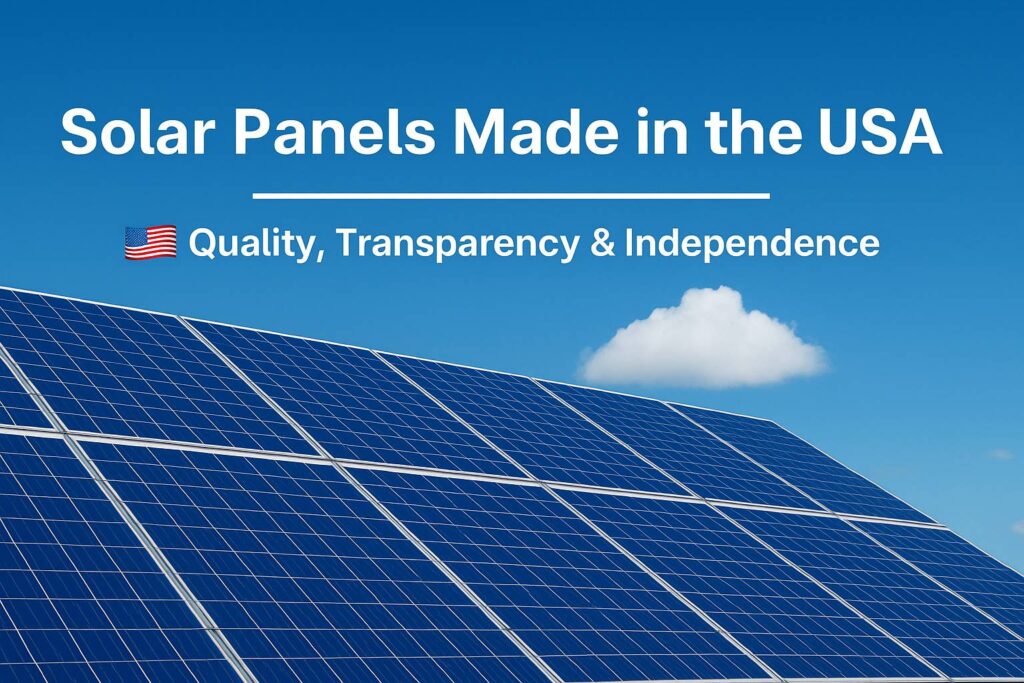
Yes, you can. In fact, hybrid systems exist. They produce both electricity and hot water. But they’re more complex and usually cost more. For most homeowners, going fully PV is simpler and more effective. Especially with modern heat pumps covering the hot water part.
Both systems are low maintenance. But PV panels usually last longer. Most come with 25-year performance warranties. Thermal systems can suffer from scaling or corrosion. And since they have fluid systems, leaks can happen.
PV systems, on the other hand, have no moving parts. That means fewer things can go wrong. And with monitoring tools, you can track performance anytime.
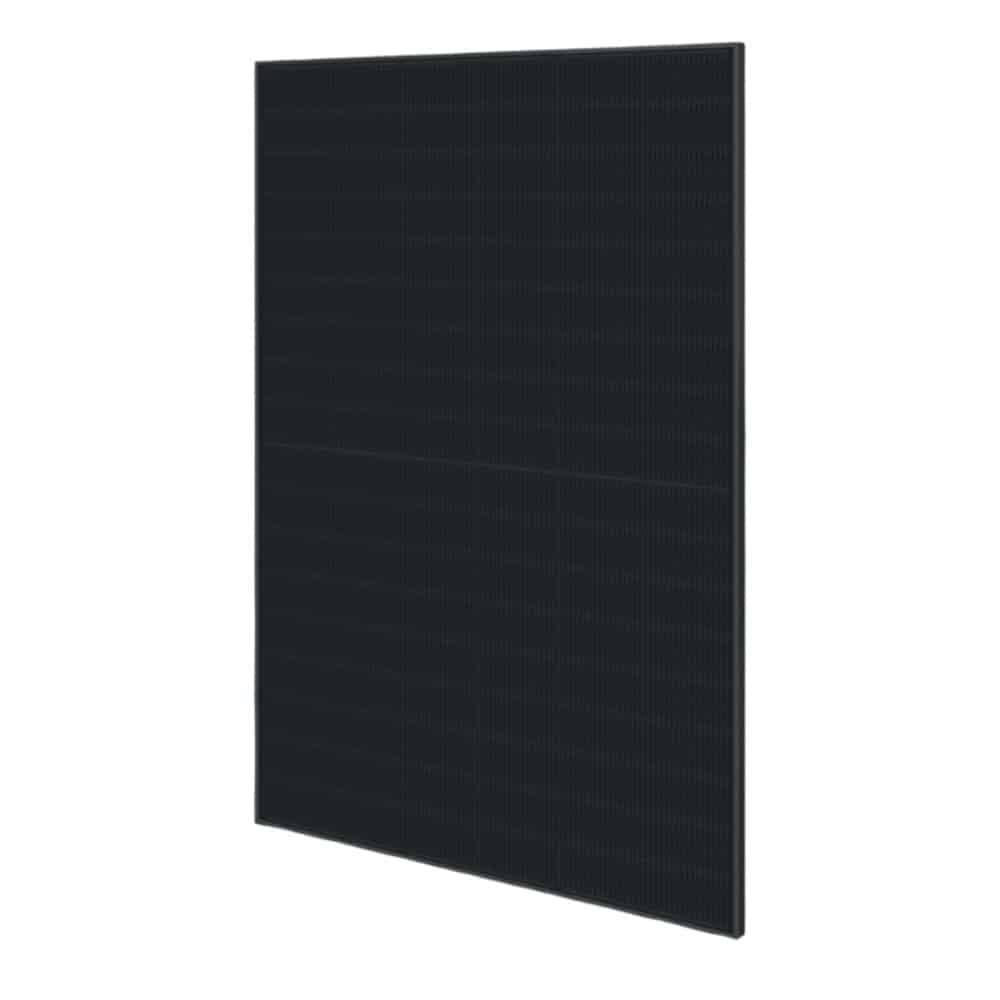
✅ 435 W bifacial panel with 108 half-cut N-Type TOPCon cells
✅ 22.28% efficiency with sleek all-black design
✅ 25-year product and 30-year performance warranty
At AceFlex, we help you find the right solution. Whether you’re considering photovoltaic panels, solar thermal systems, or even a hybrid – we’ve got the expertise. We don’t just sell panels. We listen. We plan. And we install nationwide.
Contact us today for a free consultation. Let’s power your home smarter – with clarity, efficiency, and a system that fits your needs.
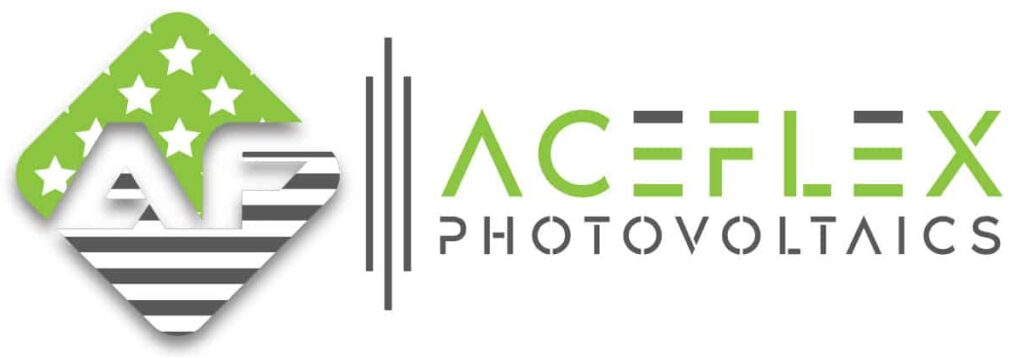
Think about your goals. Do you want lower heating costs? Then thermal might help. But if you want full energy control – and maybe feed power back into the grid – photovoltaic is the way to go.
Also, check your roof space. PV panels need more room. But they offer more value. And if you combine them with a battery, you can store excess energy. That makes you even more independent.

Yes, because photovoltaic panels generate electricity while solar thermal panels only provide heat. And since most homeowners need electricity more than hot water, PV panels are often the better choice.
Not exactly, since “solar” is a broad term that includes both photovoltaic and thermal technologies. But because photovoltaic panels are the most common, people often use the terms interchangeably.
First, the upfront cost is still high, even with tax incentives. And second, energy production depends on weather, while third, solar panels need space and proper positioning.
A solar system could include either thermal or photovoltaic components. But a PV system specifically refers to panels that generate electricity using sunlight.
Solar heating panels use sunlight to heat water or air directly. In contrast, photovoltaic cells convert light into electrical energy through a semiconductor process.
Most photovoltaic panels last 25 to 30 years with minimal efficiency loss. And with proper care, they can continue producing power even after that period.
It typically costs between $15,000 and $25,000, depending on energy needs and system size. But incentives and local rebates can lower the final cost significantly.
After 20 years, most panels still produce around 80–90% of their original output. But inverters may need replacement, and warranties may expire around that time.
Rarely, because modern panels are tested to withstand impact from hailstones. But extreme storms can still cause cracks or surface damage.
It can be harder if the system is leased, since buyers may not want to take over the contract. And sometimes appraisers don’t fully value the system’s savings.
Yes, most homeowner insurance policies cover solar panels as part of the structure. But you should confirm with your provider and possibly adjust your coverage.
Monocrystalline panels are often considered best because they offer high efficiency and long lifespan. But price, brand reputation, and warranty terms also matter.
A Tesla Solar Roof can cost between $40,000 and $80,000, depending on roof size and energy needs. And installation times and availability vary by region.
That depends on location, but AceFlex is a trusted name for reliable products, great service, and expert installation. And we offer full support before, during, and after the project.
Half-cut panels reduce power loss and improve efficiency, especially in partial shading. And they are more durable because they manage thermal stress better.
Some farmers oppose them because large solar farms can take land out of food production. And others worry about changes in land value or local ecosystems.
Angled panels capture more sunlight because they follow the sun’s path. And they also shed rain, snow, and debris more effectively than flat ones.
Because not all roofs are suitable due to shading, orientation, or structural issues. And upfront costs can still deter some homeowners, even with long-term savings.
AceFlex is one of the leading online retailers of renewable energy products and offers a wide range of solar products. We work with well-known manufacturers and wholesalers and can offer you cost-effective products in the field of photovoltaics so that you too can contribute to the energy transition.
Looking for an experienced team for planning your photovoltaic system without the hassle of doing it yourself? We are your trusted partner, offering comprehensive nationwide solutions. We provide expert consultation and supply of both photovoltaic systems and storage units tailored to your specific needs.
© 2025 Aceflex All Rights Reserved. Design by Media Pantheon, Inc.